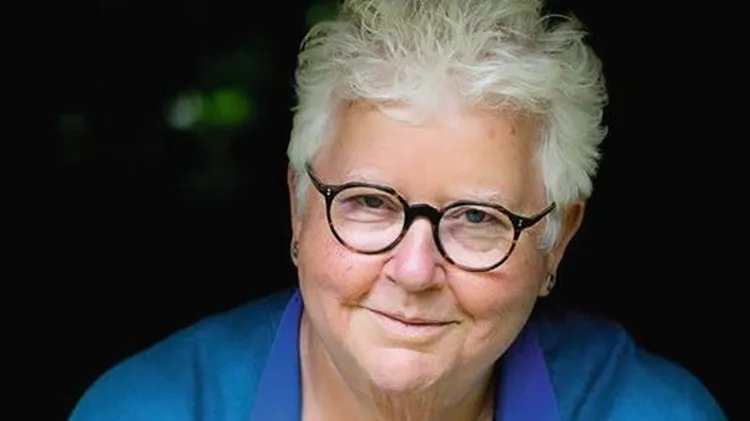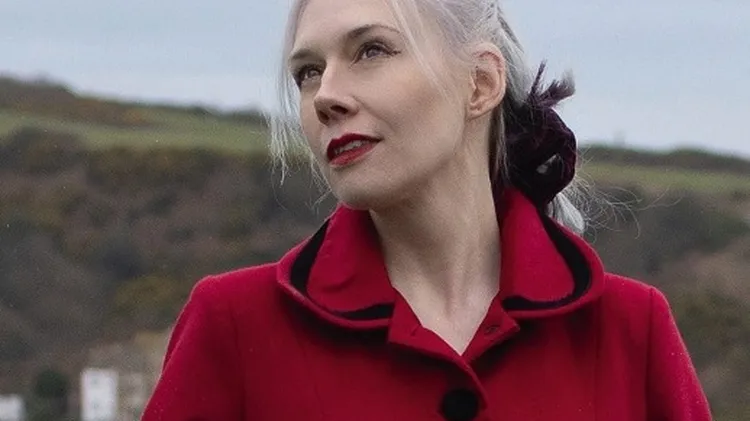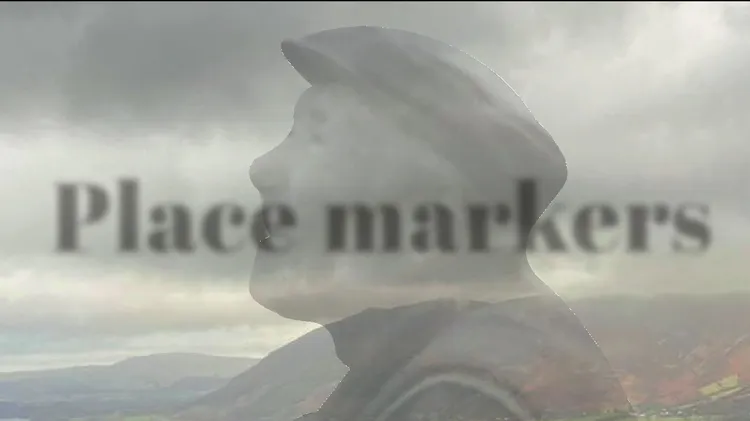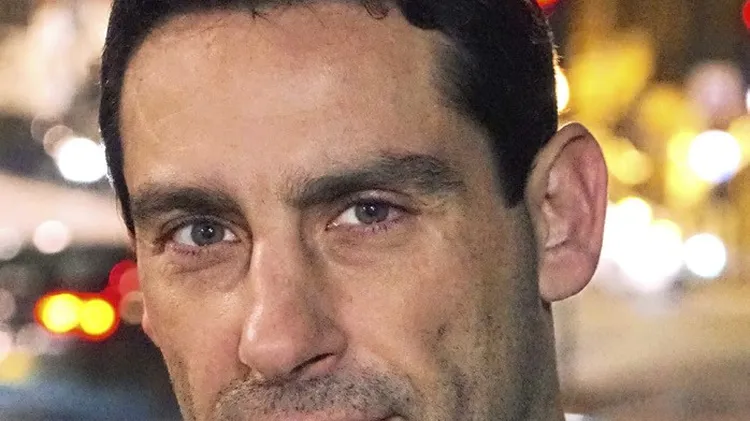The murder mystery author picks five books that offer clues to his interest in deve
Shelf life
5 min read
This article is from...
Read this article and 8000+ more magazines and newspapers on Readly






